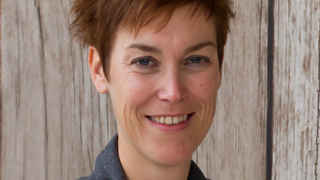SEAD-West
Duration: 1 January 2018 – 31 March 2023
Status: Ongoing
Contact person: Peter van Oene (project leader) and Erno Bouma
Partners: HAS green academy, Yuverta, Aeres University of Applied Sciences, Q-point, University of Rwanda, Mott Macdonald, Holland Greentech, Rwanda Development Board, MSM
Objectives
The objective of the project is to contribute to the 2nd Sustainable Development Goal: End hunger (SDG-2).
The project will contribute to the following long-term impact:
-reduce malnutrition
-promote agricultural growth
-create ecologically sustainable food systems
At a medium term, the project will contribute to the following impact:
-education system (TVET/HE) is of good quality, relevant and accessible (SDG 4)
-partnerships between persons and organisations are inclusive and sustainable (SDG 17)
-organisations key to (sectoral) inclusive development of partner countries are strengthened by inflow of enhanced workforce
Content
Where SEAD is focussing on the poultry, dairy, horticulture and potato value chains in the Northern, Eastern and Southern provinces, this SEAD-West project is contributing to food & nutrition security in Rwanda by strengthening technical and vocational education that enables integrated food chains to bedeveloped around the horticulture, dairy and poultry value chains in the Western province.
Based on experiences and insights gained in the SEAD project, SEAD-West will build new partnerships, and strengthens existing ones to boost agricultural value chain development through 1) curriculum (re)development and career advice for formal students, 2) targeted skills trainings for farmers and extension service providers and 3) applied research and activities contributing to innovations in the value chains.
Also, the proposal ensures equal opportunities, labour market relevance and strengthening management of the chain actors for sustainability. A strong focus in the SEAD-West project is on bringing the triple helix partners (education, private sector and government) together in a STIC (Service, Training and Innovation Centre) to strengthen 1) the economic results of the project’s value chains, 2) to support the Dutch private agricultural sector and 3) to allow for opportunities for cooperation between partners beyond the scope of the project.
To successfully implement SEAD-West, consortia from both sides were built to guarantee the availability of required expertise and create synergies with relevant projects and networks, such as SEAD, HortInvest andWater4Growth.



























